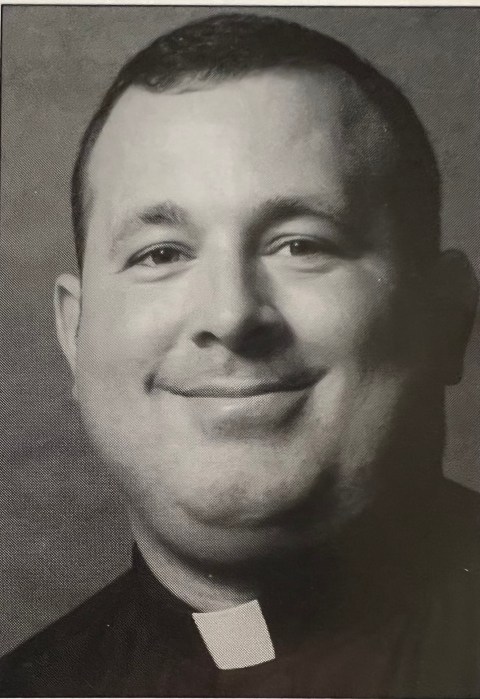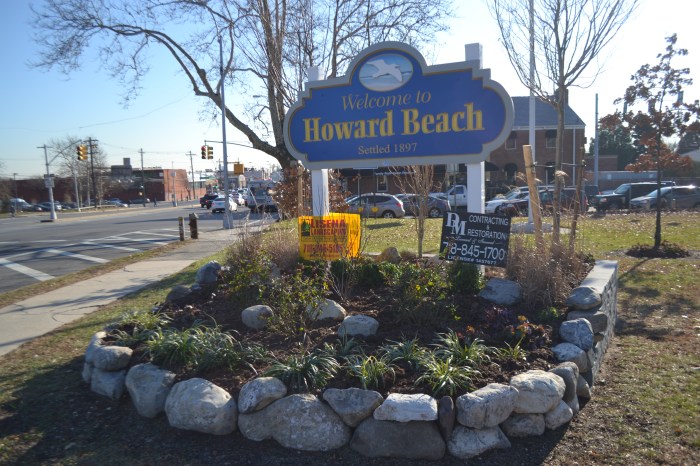By Ken Kowald
PAPEs — political analysts, pundits and experts — tell us that after many years of close (and sometimes publicly scrutinized, but we will get to that later) relationships with the Brooklyn Democratic Party and the Brooklyn district attorney, the ultra-Orthodox Jews in that borough were told by their leaders to vote for a Republican in the special election last year to fill a vacated congressional seat, which had been held by a Democrat in what was called “a safe district.”
The GOP candidate was a Roman Catholic; the Democratic candidate was an Orthodox Jew. Both are from Queens.
Of course, the U-Os did what they were told.
The U-Os have now gone back to being buddy-buddy with the Democrats.
Why the switch to the GOP? According to PAPEs, the U-Os wanted to send a message to President Barack Obama that he was not doing enough for Israel.
Dutifully, the followers marched off to the polls and the Republican won, thanks to those Brooklyn votes.
What kind of help did the U-Os want? Just what was the message to be sent?
The Israeli defense minister has said on more than one occasion that American support and backing is better than it has ever been.
The USA has cooperated with Israel in cyber attacks against Iran. The Israeli president has supported the multi-nation sanctions led by the United States and imposed on Iran, which are having an ever-increasing effect.
Foreign aid is about 1 percent of the U.S. budget. About $3.1 billion goes to Israel, which spends about 8 percent of its budget on military matters.
Coming up is the largest joint military exercise in the history of U.S.-Israeli relations. And, no, that vote for the GOP had nothing to do with it. This stuff is planned a long time in advance.
So, what did the U-Os want?
When the Israel government was formed — with the backing of President Harry S Truman, whose lead has been followed by all U.S. presidents — the founders realized that the Holocaust had wiped out almost all of the religious scholarship in Eastern Europe. Only a handful of scholars were left. They needed help. They got it.
That community, known as the Haredim, does not accept the supremacy of a Jewish state before the arrival of the messiah. You might want to make special note of that.
They also believe that the primary task of men is studying Torah. Nevertheless, they got the help and the community has thrived.
In the new state of Israel, the Haredim were given 400 exemptions from military service. The number today is 70,000.
This has caused some friction with other parts of the Israeli population. Many have complained about government subsidies to the U-Os, because so many do not serve in the army and do not work. According to some reports, the “typical” Haredi family has eight children.
The enlistment rate among this group is about 15 percent. Among the rest of the Jewish population the enlistment rate is 75 percent.
The Haredim now make up close to 10 percent of the population in Israel and its political strength has grown as its population has grown.
When the special election was held here, there were legal moves to end the so-called Tal Law, which permitted the exemptions. Several months after our election, the Israeli Supreme Court ruled the Tal Law unconstitutional. The matter has not been resolved as of this writing.
My query, while naive, is at least simple: Did the U-Os in Brooklyn, by voting Republican, hope to send a signal to Washington that it should urge Israel to keep up the special treatment of the U-Os in Israel?
If not, just what was the message to be sent to Obama? We may never know, unless U.S. Rep. Bob Turner (R-Middle Village) has some evidence of just why he got the U-O vote. Otherwise, the reason is or reasons are buried in the studies of the leaders of the Brooklyn U-Os.
But as noted above, this group, once again in lockstep, has returned to the Democratic fold. Not without reason, but that is the subject of the next blog, in which I shall try to understand how the U-Os and the Brooklyn district attorney believed for many years that they could skirt Anglo-Saxon common law and get away with it.
That will give me the chance to engage in some fictional dialogue between King Henry II of England and Archbishop Thomas Becket of Canterbury. It will be in modern English, since I have no idea what language or languages these two used the late 12th century. After all, that was a bit more than 100 years after the Norman invasion and centuries before Chaucer et. al., started to form the English language we know today.
I hope you will join me. The blog will begin with a look at child abuse cases not only in Brooklyn, but in too many parts of our nation.
It is a matter that can never get too much attention.




































